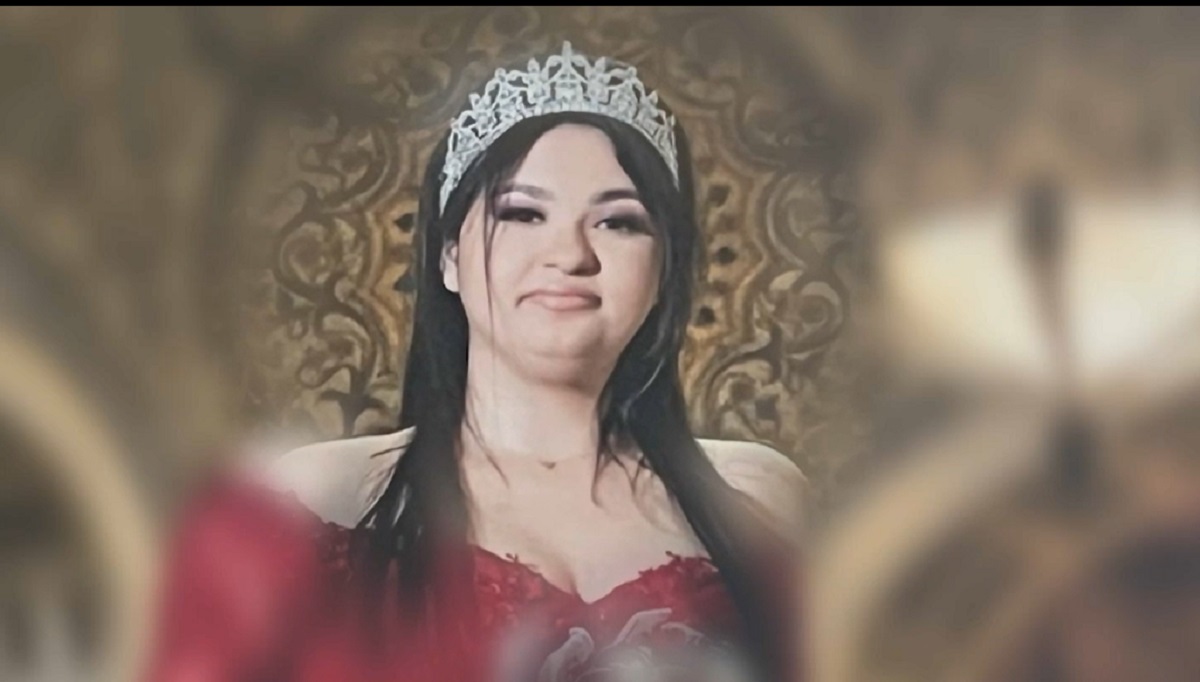Lawmakers returned to Springfield Wednesday for a special legislative session as Gov. Bruce Rauner and party leaders reportedly reached a tentative deal on stopgap funding measures just days before Illinois' budget impasse is set to hit the one year mark.
Rauner met with House Speaker Mike Madigan, Senate President John Cullerton, House Minority Leader Jim Durkin and Senate Minority Leader Christine Radogno at length on Tuesday evening and throughout the day Wednesday, giving many a glimmer of hope that a compromise is close.
During a break Wednesday, Cullerton was cautiously optimistic, noting that the meetings marked the first time this sort of negotiation had taken place.
“We’re continuing to negotiate with the governor,” Cullerton said. “People are making offers and counteroffers and we look forward to continuing to try to come up with a solution.”
A tentative deal was reportedly reached Wednesday and lawmakers could vote on the measure as early as Thursday morning when the General Assembly reconvenes for another special legislative session.
The plan includes $250 million in added spending for school districts with low-income students, sources told NBC 5. Roughly $100 million of that would go to Chicago Public Schools.
The measure would also allow the City of Chicago to raise property taxes to help pay for teacher pensions, which would create another $250 million. The stopgap budget would also fund $2 billion in road projects.
Local
Although lawmakers are reportedly close to an agreement on stopgap spending for essential government services, like higher education and social services, K-12 education funding has remained a major point of contention between Democrats and Republicans.
Rep. David McSweeney, who opposes the plan, pointed to potential tax hikes.
"I plan to vote against the stopgap funding bill because it will worsen our fiscal problems and increase the likelihood of a major tax increase in January," McSweeney told NBC 5. "The bill is the equivalent of putting a band-aid on a gaping wound."
After the General Assembly failed to pass a budget agreement before the end of the spring legislative session in May, Rauner shifted his attention to funding education and critical state services.
Rauner toured the state throughout the month of June, pushing his stopgap funding plan and railing against a “bailout” for Chicago Public Schools.
"I have said it before, and I say it again today: we must not bail out a broken system that refuses to change the way it does business," Rauner said in a statement Tuesday. "Forcing Illinois to raise its income tax to bail out CPS is fundamentally unfair to our school children, parents, homeowners, and small business owners across the state."
The governor's stopgap tour culminated in the introduction of revamped bills to fund schools and other services, measures that were filed Tuesday by Radogno and Durkin.
In total, the package includes $50.3 billion in funding for fiscal year 2017, as well as $25 billion to shore up fiscal year 2016. The new plan would fund K-12 education for the full year with a funding increase of $240 million. All told, schools would receive $7 billion.
A “hold harmless” clause, which gives all school districts as much money as they received the previous year, is included in the education funding bill.
The Democrats’ plan, which was also announced this week, is broken up into five separate bills. The bills individually fund: education, state operations, higher education, human services and highway construction.
The education bill would increase funding for schools by $760 million. It would increase CPS’ funding by $286 million and give the district $112 million for pension payments.
Nevertheless, no portion of either plan was introduced Wednesday.
The nearly year-long impasse has adversely affected health and social services, as well as public colleges and universities in Illinois.
The state has relied on court orders and consent decrees for funding over the course of the impasse and has failed to make payments for certain schools and services because money was not appropriated in a budget.
As a result, a group of Illinois-based human and social service agencies and companies filed a lawsuit against Rauner and members of his administration in May seeking payment of over $100 million. An early childhood education nonprofit led the the governor’s wife, Diana Rauner, joined the lawsuit later in the month.
Additionally, Chicago State University was forced to lay off more than 300 employees in April after cutting the semester short to save critical funds.
The impasse has largely hinged on Rauner’s Turnaround Agena, which is focused on pension reform, term limits, freezing property taxes and redistricting workers. However, the recent stopgap funding plans have little trace of the governor's pro-business, union-weakening agenda.
A complete budget, or "grand compromise," is presumably off the table as the state's lingering budget impasse will likely stretch into its second year Friday. The stopgap funding will allow schools to open and essential services to continue, but only for six months.



